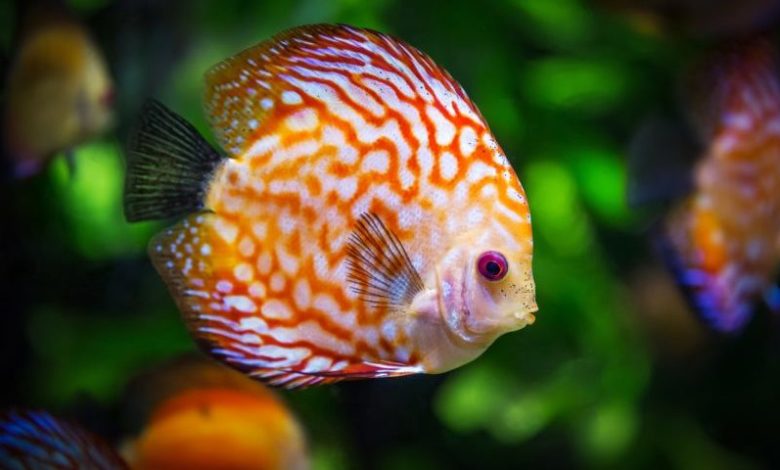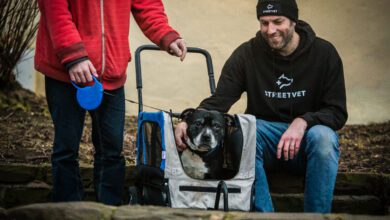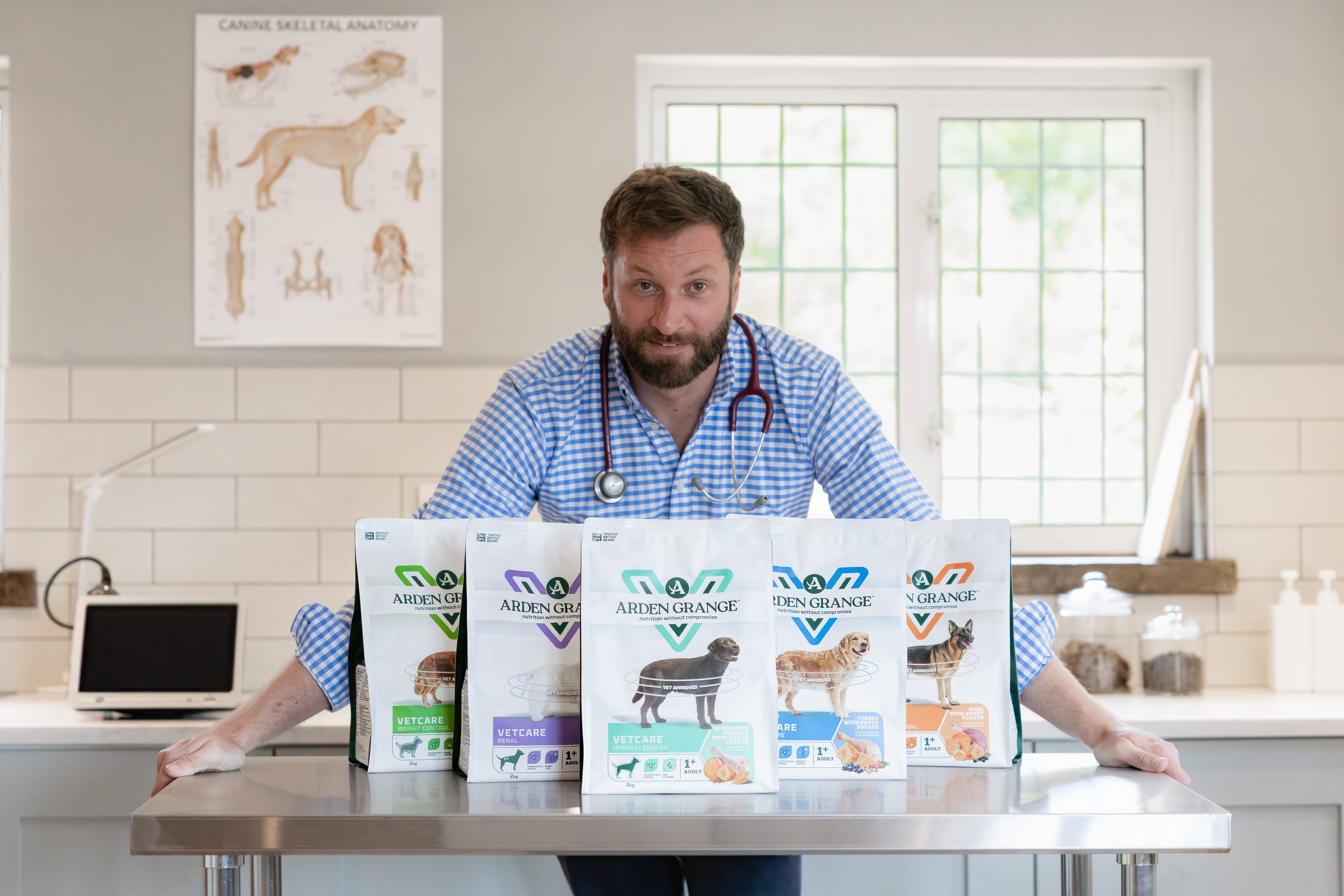School of fish: Educational sessions and how to use them

Register to get 1 free article
Reveal the article below by registering for our email newsletter.
Want unlimited access? View Plans
Already have an account? Sign in
Workshops provide a great opportunity to educate consumers, regardless of their level or experience, to ensure retention in the hobby, boost sales and very importantly, make sure fishkeeping is available to all for many years to come. In addition, they give you the chance to highlight animal welfare, and how you as a business promote this very important subject.
Fish welfare and education should always be part of the way your run your business, regardless of cost as if done properly it can work to your long-term advantage by giving your consumers the confidence that you are a business who is up to date and credible.
A workshop can include a number of aspects and usually involves getting hobbyists together to talk about fishkeeping, share ideas about the hobby, and provide tips to even the most advanced fishkeepers.
Setting up your own workshop
Firstly, you need to figure out which customers you want to target. A nice idea is to base your workshop on a speciality, whether that’s one you are already an expert in or one you’d like to branch out to. By focusing on a specialism, you may find you attract smaller numbers of people but those who are already highly involved in fishkeeping. They may also bring a sphere of influence from online groups or forums that they are part of which can quickly lead to better numbers of attendance in the future.
Choosing when to hold your workshop is important based on who you are targeting. For example, if you want to engage with families then the school holidays are the perfect opportunity, alternatively if you are looking to hold a pond workshop with older fishkeepers, then a day in the week might be more suitable so always keep this in mind to ensure you receive the maximum turnout possible. When thinking of a theme, animal welfare should always be included, even if it’s not the primary focus. If you are running a workshop for newcomers the subject is especially important as they have no previous experience.
I often hear people talking about water quality and telling customers how important this is but they do not always go into the effects that poor water can have on the fish’s health and wellbeing and so it’s not always clear to the beginner. Make sure you ask lots of questions and try to make it a two-way discussion, allowing people to share ideas and experiences and you often find this leads on to healthy debate amongst the attendees after the event.
When it comes to the more advanced fishkeeper, you may think it’s difficult to engage as they are so knowledgeable, however they also tend to be the most concerned and hungry to learn more. What will and does interest these fishkeepers is talking about the wider aspects of fish welfare, such as the efforts fish farms go to in terms of ensuring sustainability. Let them know the measures you take to make sure the products you sell put the fish’s health first, ensuring your livestock are kept in optimum conditions. By knowing you as a retailer look after your fish will inspire confidence in them to buy from you.
Creating engaging content
Once a date or weekend has been decided and you know the type of fishkeepers you wish to target, give yourself enough time to plan. Give a reason and, if possible, incentive for people to come to your workshop and plan out carefully what you want to do on the day. Ensure the content is engaging and don’t be afraid to run past some friends, colleagues or customers first to sense check. With enough notice you will be able to ensure you have stock of any items you’ll be talking about and the opportunity to speak to manufacturers and industry influencers to see if they would like to be involved.
This can increase the pulling power of your event and many manufacturers are keen to talk about their products. You may even be able to get some samples to give out on the day, increasing the benefits for those that attend. Going to your local media is also an option. Often if the event is going to attract a good number of fishkeepers local press will want to know and might also send someone along, which will help to boost interest for future events.
“Fish welfare and education should always be part of the way your run your business.”
Social media is your friend
Once you have built an itinerary of the workshop you need to try to ensure you get as many people to attend as possible. It’s never been easier than with the current social media landscape and you can often quickly and easily publicise your event and any incentives to attend. It can be difficult to know how many people will turn up on the day and if this is of concern you could always form a Facebook page or event to lessen your worry.
These allow people to easily engage with you around the workshops and interact with others who may also be attending. Once the workshop is up and running, make sure you are fully engaging with the attendees. This is your shop and you want them to come back and the easiest way to do this is to provide a friendly atmosphere. Also make sure your store is looking attractive and is well organised. If things need re-arranging before the workshop, make sure you have sufficient staff to help. Take pictures throughout the session too to share on your social media. This will help give future attendees an idea of what your workshops look like encouraging further interest down the line.
As mentioned previously, make sure you have enough stock of the key products that you want to discuss. It’s important not to give the hard sell at these events, often people aren’t there to buy, especially if it’s quite a niche topic. Chances are, many of the attendees will already have this specialist equipment. What these workshops do give you a chance to do though, is reach out to a new consumer base and draw them into you store. By giving them something unique, they’re more likely to remember you in the future.







